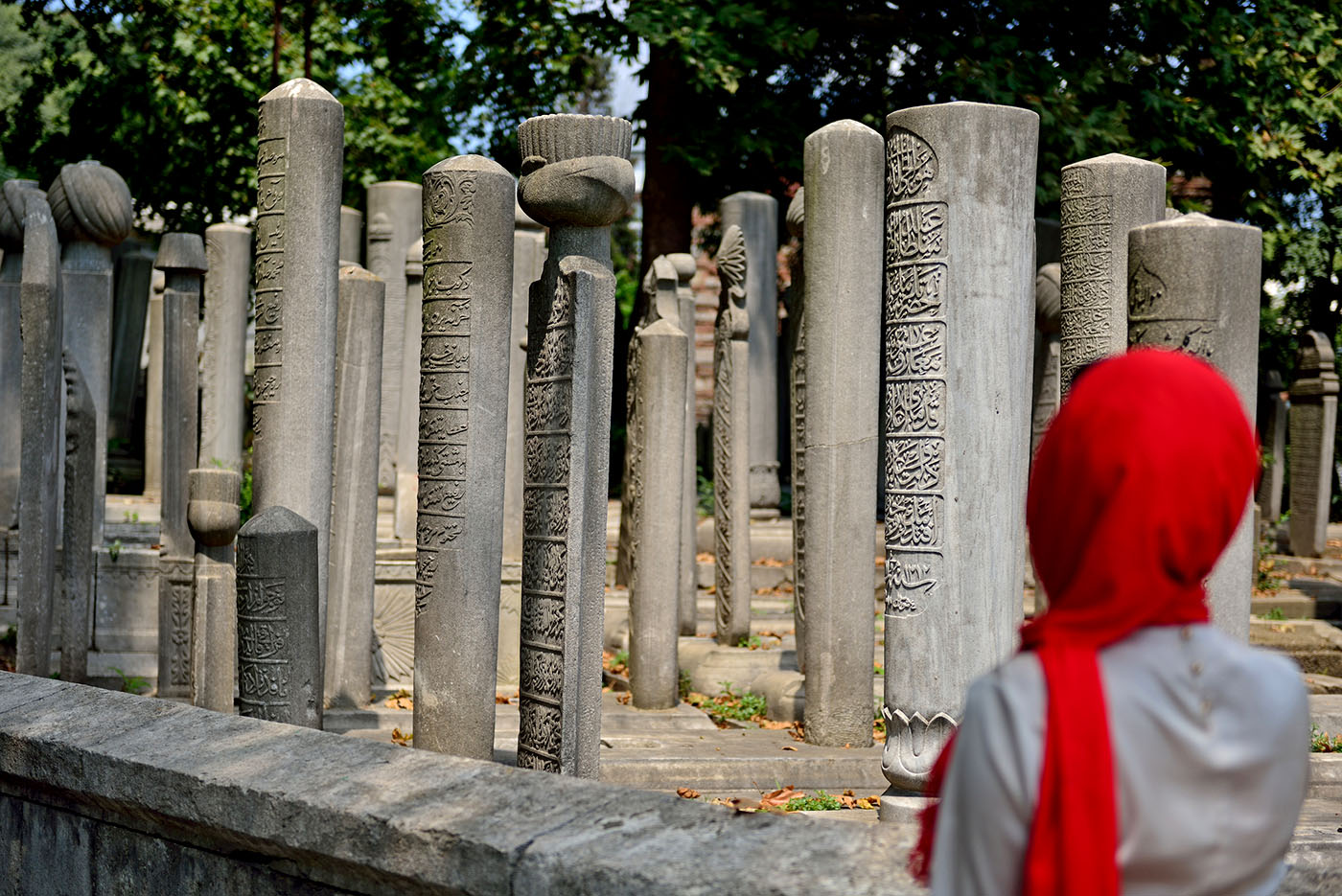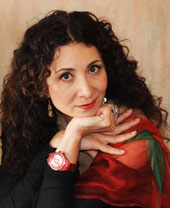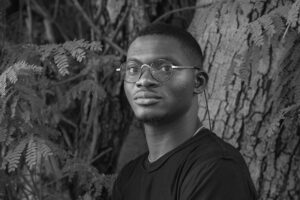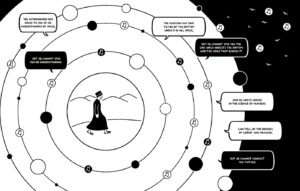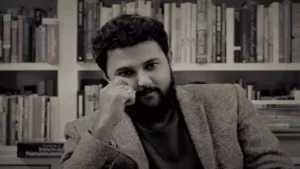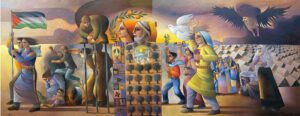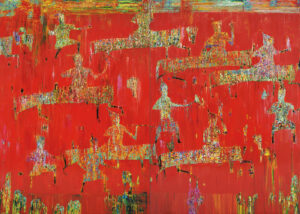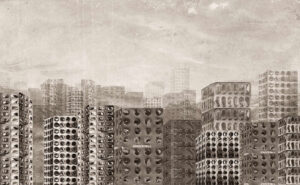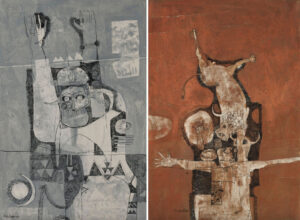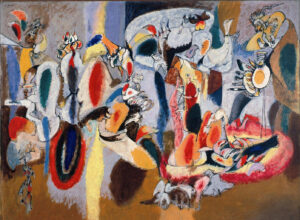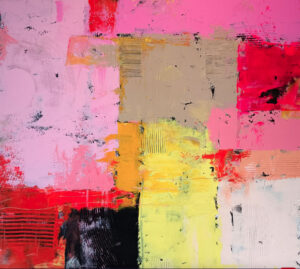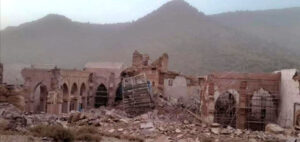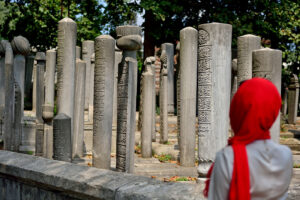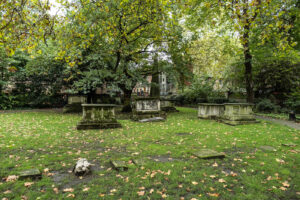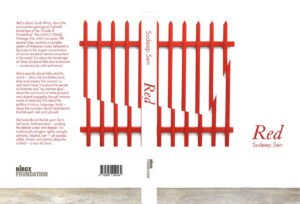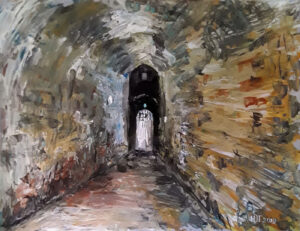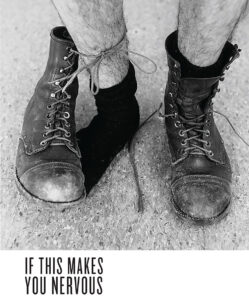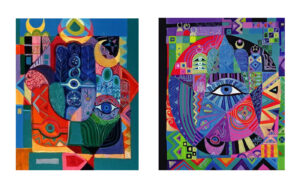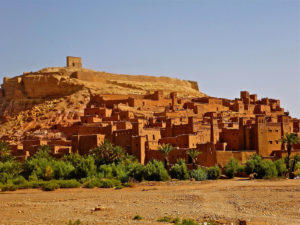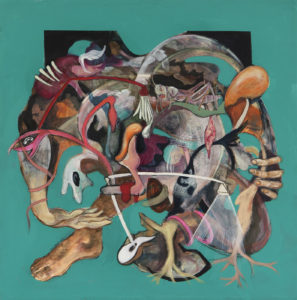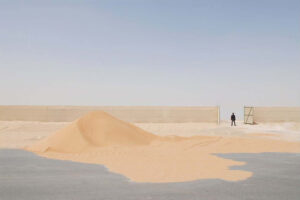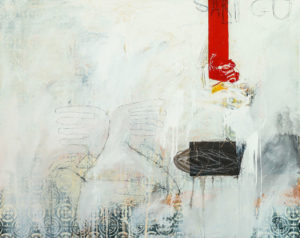In these excerpts from her memoir in verse, Abacus of Loss, poet and translator Sholeh Wolpé evokes a day in the cemetery with her parents and a decisive moment while in transit at the airport.
Sholeh Wolpé
Practicing Absence
We’re attending a funeral in the same cemetery where our
parents have bought their burial plots. After the service they insist
we walk over and see. There’s a bench, says Daddy, and a shade
tree. In case you want to come and visit. Often, I hope.
She doesn’t come often when we are flesh, says Mama, why would
she come when we’re just bones? She then rings an arm around
mine and we navigate the graves.
Mama’s knees buckle with every step.
She, who always glided as if on rollerblades.
Daddy walks ahead, careful not to step
on the names of the dead.
We goad our parents to lie down.
And to our surprise, they do.
Even the sparrows suddenly fall silent
as we lift up our phones to capture
our parents practicing their own absence.
At The Airport
Sitting with three open books black with the meandering
calligraphy of a “terrorist language” at an American airport
is a terrible idea.
But five hours early, what’s a girl to do but risk it, open what
she must under the watchful eyes of TSA and cameras that
blink when a person of unknown dark curly-hair origin is
spotted with undecipherable texts, possibly manuals for mass
destruction of something.
A few people pass by, too casually perhaps, and peek at the
books, but in the end, it’s a sweeper who soft-shoes his way
towards me, a Latino Fred Astaire with fake bushy mustache.
He runs his broom to and fro, moving dust closer and closer to
my ridiculously high-heeled red shoes, then stops. He pretends
to notice me for the first time, puts his small chin on the stick of
his broom, gathers his mouth as if around a cut lemon,
squints, then asks in Spanish, ¿Que es esto? Greico?
Good move, I think, so you no hablas inglés, amigo. I look up
and give him a sly smile. He parts his lips, slightly. His teeth are
corn-yellow. A smoker for sure. But that mustache? It takes all my
strength to not reach up and pull. To see if it comes off.
I answer in Spanish, No, this isn’t Greek, it’s Persian poetry.
He lifts his chin, says, ¡Bien! ¡Hablas Español! He then bends over
the book for a closer look. I say, this time in English, Poetry, and
point to the shape of the couplets. See? I say, A line of Persian
poetry consists of two hemistiches separated like this. I point to the
blank space between separated texts. He ungathers his lips
from their concentrated pose, nods, mumbles something
about how he hated memorizing poetry at school, then in
perfect accent-less English: Don’t miss your flight.
With that, he turns on his heels and just as deliberately, soft-
shoes back, towards some place, over there, broom still in
hand, past a door that appears and disappears like an itch,
scratched.



